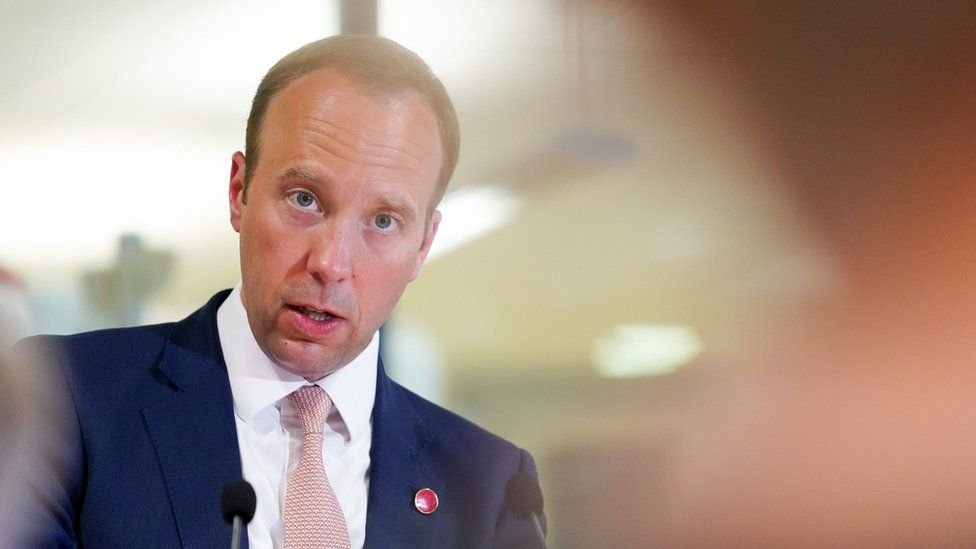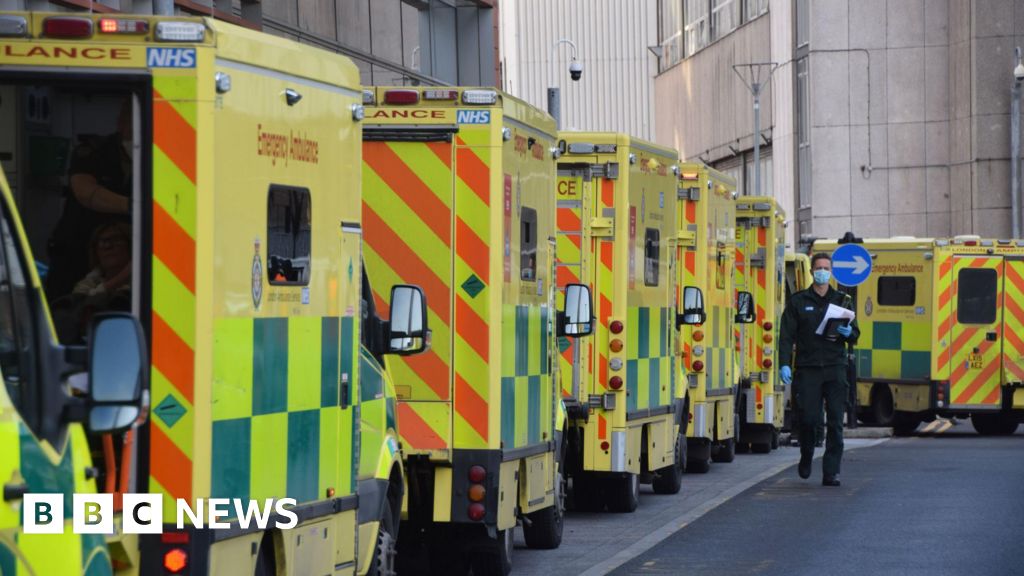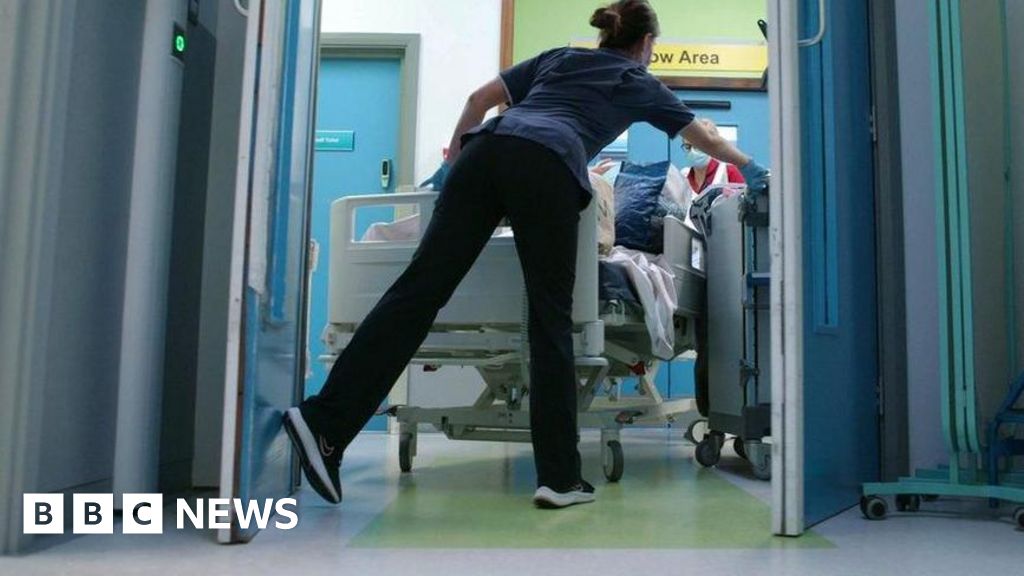ARTICLE AD BOX
 Image source, PA Media
Image source, PA Media
By Nick Triggle
Health correspondent
Matt Hancock, the health secretary as Covid hit, wanted to decide who should live or die if the NHS was overwhelmed, the Covid inquiry has been told.
The revelation came to light in evidence presented by Sir Simon Stevens, the former NHS England chief.
In his witness statement, he said Mr Hancock thought he, not doctors or the public, should decide who to prioritise if hospitals became overwhelmed.
Sir Simon said: "Fortunately this horrible dilemma never crystallised."
He told the inquiry: "I certainly wanted to discourage the idea that an individual secretary of state, other than in the most exceptional circumstances, should be deciding how care would be provided.
"I felt we were well-served by the medical profession, in consultation with patients to the greatest extent possible, in making those decisions."
Image source, Reuters
Image caption,Sir Simon stepped down as NHS England chief executive in summer 2021
Sir Simon also rejected suggestions by then-Prime Minister Boris Johnson, made in his witness statement which has already been handed to the inquiry, that it was "very frustrating" to be forced into lockdown because the NHS and social care had failed to get to grip with the decades-old problem of delayed discharges.
This is where patients have to remain in hospital despite being ready to leave because of the lack of support in the community.
Mr Johnson said that about 30% of beds were occupied by such patients.
Sir Simon said that would equate to about 30,000 beds, but there could have been 200,000, perhaps even 800,000 patients in the reasonable worst-case scenario, needing a bed.
"Even if all of those 30,000 beds were freed up - for every one coronavirus patient who was then admitted, there would be another five who need that care and were not able to get it.
"So no, I don't think that is a fair statement in describing the decision calculus for the first wave."

 1 year ago
26
1 year ago
26








 English (US) ·
English (US) ·